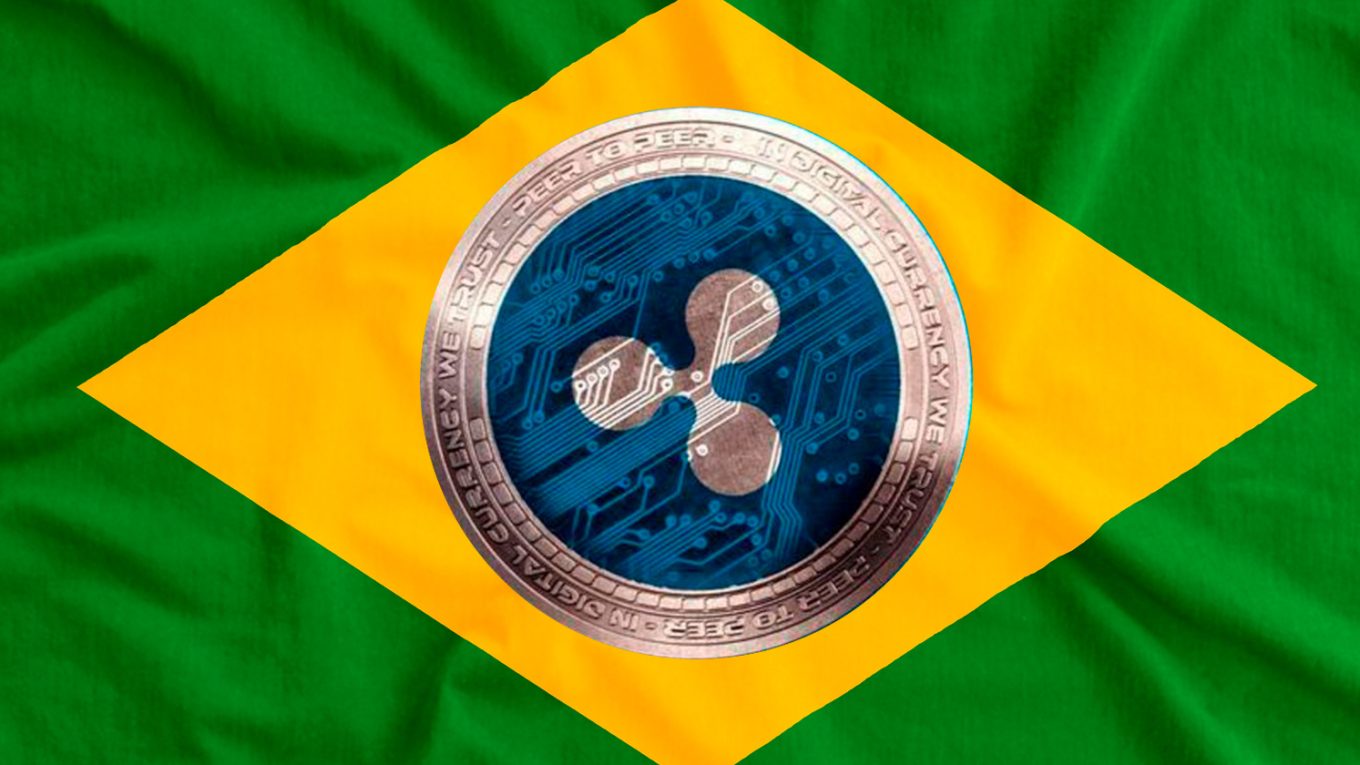Ripple works on bridge system for Drex
Ripple revealed during an event organized by FGV that it is developing an interoperability system capable of connecting Drex, the Brazilian digital currency, to public digital asset networks such as Bitcoin, Ethereum and XRP.
Furthermore, Ripple revealed at the event that the system will also create interoperability with other central bank digital currencies (CBDCs). The announcement was made by Rafael Teruszkin, Director of LatAm Business Development at Ripple, during Blockchain Day at FGV.
Teruszkin explained that the integration of Drex with other digital networks, through this Ripple solution, will allow both the entry of foreign investment into Brazil and the expansion of Brazilian investment in international assets.
“Interoperability is essential to Drex’s success. This natural advancement will ensure that Drex connects with other central bank networks and liquidity present on public networks, including cryptocurrencies, stablecoins and tokenized assets”, highlighted Teruszkin.
Ripple and Drex
During the event, George Marcel Smetana, specialist in Innovation in Regulatory Strategy at Bradesco, asked Teruszkin about the possibility of creating a “Wrapped Drex”. The solution would allow the use of national CBDC in liquidity pools and swaps on public networks.
The Ripple executive responded that, technically, this interoperability does not present significant technology obstacles, but rather regulatory ones.
“Creating a bridge that allows Drex to move between public and private networks brings CBDC to the DeFi (decentralized finance) environment, where it could be traded on DEXs (decentralized exchanges) with support for AMMs and liquidity pools,” he explained.
This possibility of using Drex on public networks would open up a range of applications, including the use of the currency as collateral in DeFi protocols.
“These are the initial use cases, but as we evolve, new solutions and possibilities will emerge, unlocking even more functionality for Drex,” he added.
However, Teruszkin highlighted the need for adaptations in Brazilian regulation, especially in exchange rate rules.

